Dickinson’s Student Senate welcomed Steve Burns this year as the speaker for the annual Poitras-Gleim lecture. Burns, known for his role as “Steve” on the children’s show “Blue’s Clues,” spoke at length about his time on the show and subsequent battle with mental health, a stark difference from his curious and outgoing televised character.
Besides acting, Burns has also worked in music creation, working with the Flaming Lips to produce songs such as “Mighty Little Man,” which is featured as the theme song for “Young Sheldon.” The Dickinsonian had the opportunity to sit down with Burns to discuss this work, including his appearances on TikTok where he asks viewers how they are doing. This interview has been edited for length and clarity.
The Dickinsonian: What compelled you to start posting on TikTok in 2021?
Steve Burns: As part of the 25th anniversary of “Blue’s Clues,” I had done a shoutout video for Nick Jr. where I just kind of reconnected with, what I would say, was “my homie” from back in the day. I wanted to talk to them in the same way that I spoke to them 25 years ago, which was with respect, without condescension and at their level of understanding, so I just scaled that up. I was doing that at a time that feels a bit like today [the day after Donald Trump was elected to a second term as president], it was a time when things were rough feeling and scary feeling, and there was a lot of apprehension, and there was a palpable cruelty to the culture at the time, especially online. Online felt like a place where people went to be jerks to each other, as much as possible, and we were equating that sort of behavior with strength, and we were celebrating that sort of behavior, and it felt like we were losing kindness a bit, and I feel that way today. I just wanted to simply—it was almost an experiment, I just wanted to have a simple conversation with social media, and see if that can be used to connect in a way that we used a television studio back in the day.
SB: I didn’t write it, I just [improvised] it, and didn’t expect it to connect in the way that it did, but it did. So from that, I learned that “oh, this still works,” and we can use social media in this way to actually approximate a real connection, a deep connection that isn’t just about a dopamine hit of getting over on someone, the dopamine hit from feeling superior to someone online, or mocking someone. So, my friend, Scott Hoying in Pentatonix was like “you need to make a TikTok page, this is insane,” and I said “what is TikTok?”. He just said you do this, this and this and so I was like “I am going to do nothing,” I thought I’m gonna do as little as humanly possible on this app with all that noise and dancing and movement, and just filling all the possible space, I’m just gonna say “hey, what’s up?,” I’m just gonna do that, and see what happens. That was really just an experiment, can we use the internet backwards? Can we use social media to create space instead of taking space?
TD: Would you say that is what you hoped to accomplish with making that more positive space where people can appreciate one another and treat each other with kindness?
SB: I certainly wanted to see, in creating that space where I’m listening to you, what’s really happening is you’re listening to yourself in that silence. That silence, that pause, is a missing event on your phone, and it’s all the more conspicuous for that reason. So, in that moment where someone just asked you “how are you?,” it puts you on the spot, it’s a moment of self-reflection. What I’m doing on that app is nothing, literal nothing, what makes it interesting is what people are bringing to it, and a lot of it is pain and suffering and struggle and all these things they are expressing online, somewhat publicly. Where it’s really interesting to me, is when all these strangers come to support, that makes me think “oh, that’s a good thing, we’re doing a good thing.”
TD: What was your initial reaction to the comments on the post?
SB: I try not to read them too much. I try not to go too far into them because then I will overthink this, cause I already overthink this. I already think “am I creating an unhealthy parasocial relationship with a technology that is already going to devour us in the next 10 years?” I already am very capable of overthinking this, so I’m keeping it very simple and saying as long as people are having a positive reaction to it that’s about kindness, empathy and compassion, then maybe that’s all I need to know.
TD: Is there any particular reason as to when you post these videos?
SB: I post them when I need them, just to keep them authentic. If I got something I’m working on, I don’t always post them if I’m feeling sad or whatever, I post them sometimes when I’m feeling like listening to somebody or checking in with someone. I just post them when I feel like it. You never know when someone is going to need an ear. I try on TikTok to be far more of an ear than a voice.
TD: Did you expect so many people to resonate with what you are doing?
SB: No. Not 30 years ago on “Blue’s Clues,” and this [TikTok] is the simplest thing for me to do.
TD: What has your music career done for you personally, and what impact did it have on your mental health? Did it help as an escape for you?
SB: Yeah, that’s what it always was, music for me has always been that. The first music I ever remember listening to was the sad music from “Rocky.” There’s so much bombastic, hopeful music from that movie, but that’s not what I remember. I’ve always been moved by music, it’s always where I go to feel. I still have music I listen to specifically to cry, I still have music I listen to when I want to run five miles, music is how I interpret feelings and emotions. Writing music, for a long time, was how I did that. When I was getting ready to leave “Blue’s Clues,” and I still didn’t know that I was struggling with depression, but I knew that everything was really tough all the time, and I channeled a lot of that through music. I dug deep, and wrote a lot of personal songs, and sent them to my favorite band [The Flaming Lips] and they liked a couple of them. We worked on them, and released an album in 2003, it got good reviews, but nobody bought it. The first song on that album became the theme song to “Young Sheldon,” which was kind of life changing to me. That was a song about personal empowerment, convincing myself that I am strong and amazing and powerful, which is the kind of song you write when you don’t feel it.
TD: There were a lot of rumors after you left “Blue’s Clues,” including several involving your death. How did those impact your mental health, and how did you overcome them?
SB: I can tell you that when you have severe clinical depression, it’s not good when the whole world tells you you’re dead for 15 years. At first, I thought that was kind of funny, then it felt like a cultural preference, and eventually worked on me where I thought I was supposed to be, so that was not great. It was part of what helped me do what I did on “Blue’s Clues” every day, which was sit down in front of someone and say “will you help me?”. Those negative rumors did not help my mental health in any way, and that was when the internet was beginning to internet. No one, myself included, was prepared for the degree of consensus that the internet could provide, and it felt to me that all these strangers I never met decided that I don’t exist, and that got heavy, and eventually I decided they were right. That was the one that got to me the worst, the suicide rumor, the rumors that I died bothered me a lot because I worked so hard to create a living connection through this television show, and it felt like that negated that.
TD: Do you think that helped you realize you had clinical depression, and get help for it?
SB: I kind of knew, it had certainly been suggested to me, but I didn’t really get help for it, it just became crisis. My father was dying of cancer, I was his caretaker, there was all this other stuff going on and I just crashed, and it became too much for me. Unfortunately, it took that for me to actually ask for help, and I wish I had done that sooner, because I was just fighting it, but you don’t fight depression, you collect it, and I just collected it till it crushed me. I wish I had asked for help so much sooner, because the things that seemed so unmanageable in my life, weren’t. I’m still not great, I still struggle sometimes, but I’m pretty okay. I’m able to manage what goes on with me, and I wish I had known I would be able to do that, because it felt simply too heavy to lift, but it wasn’t.



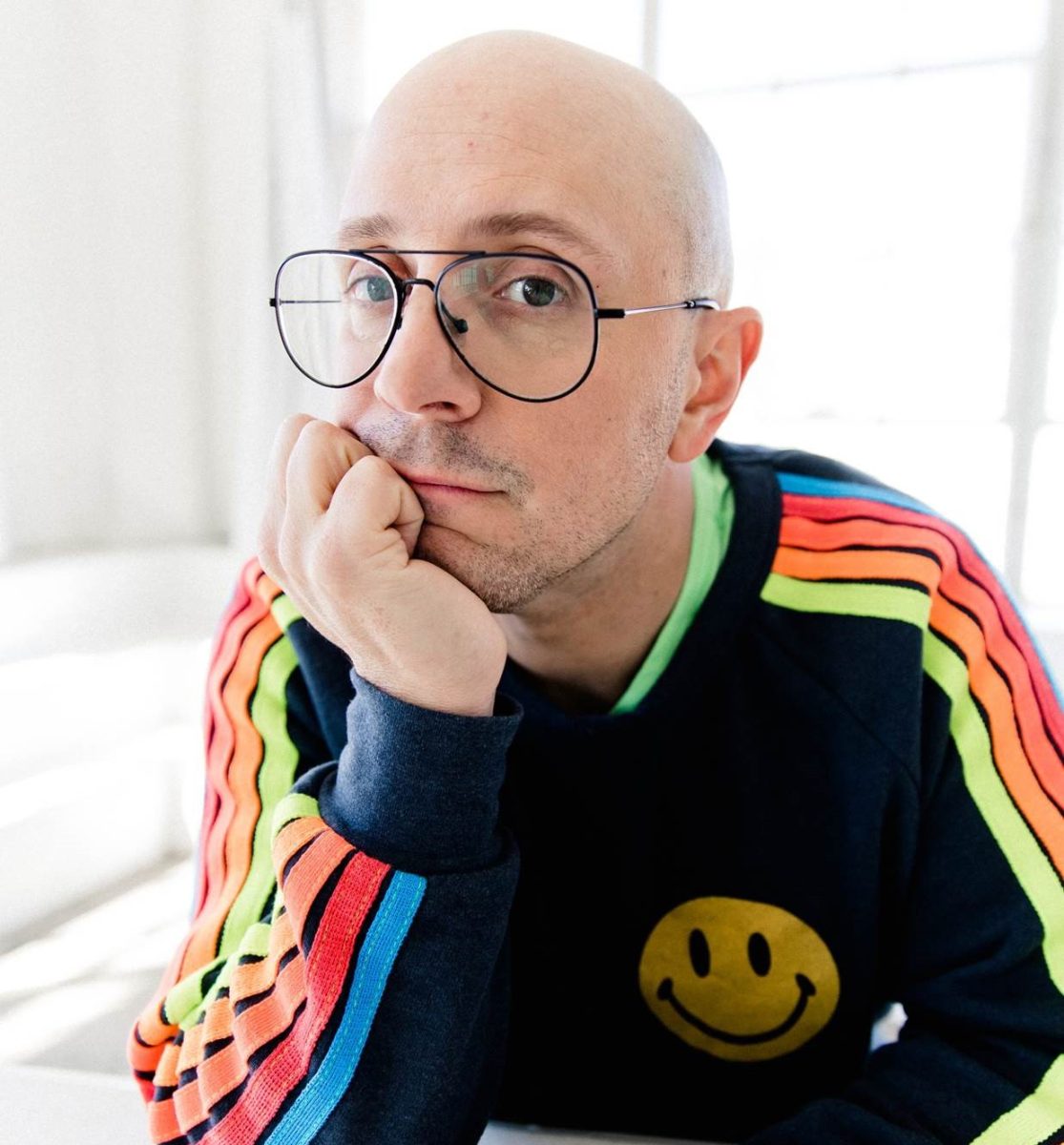

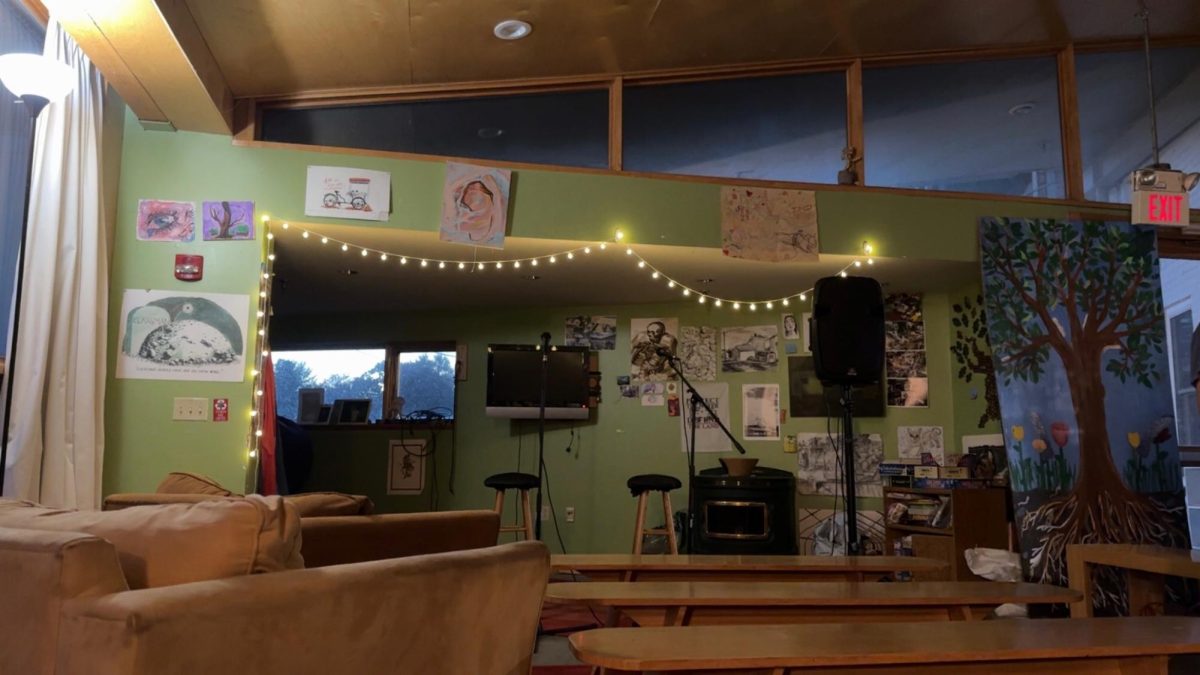
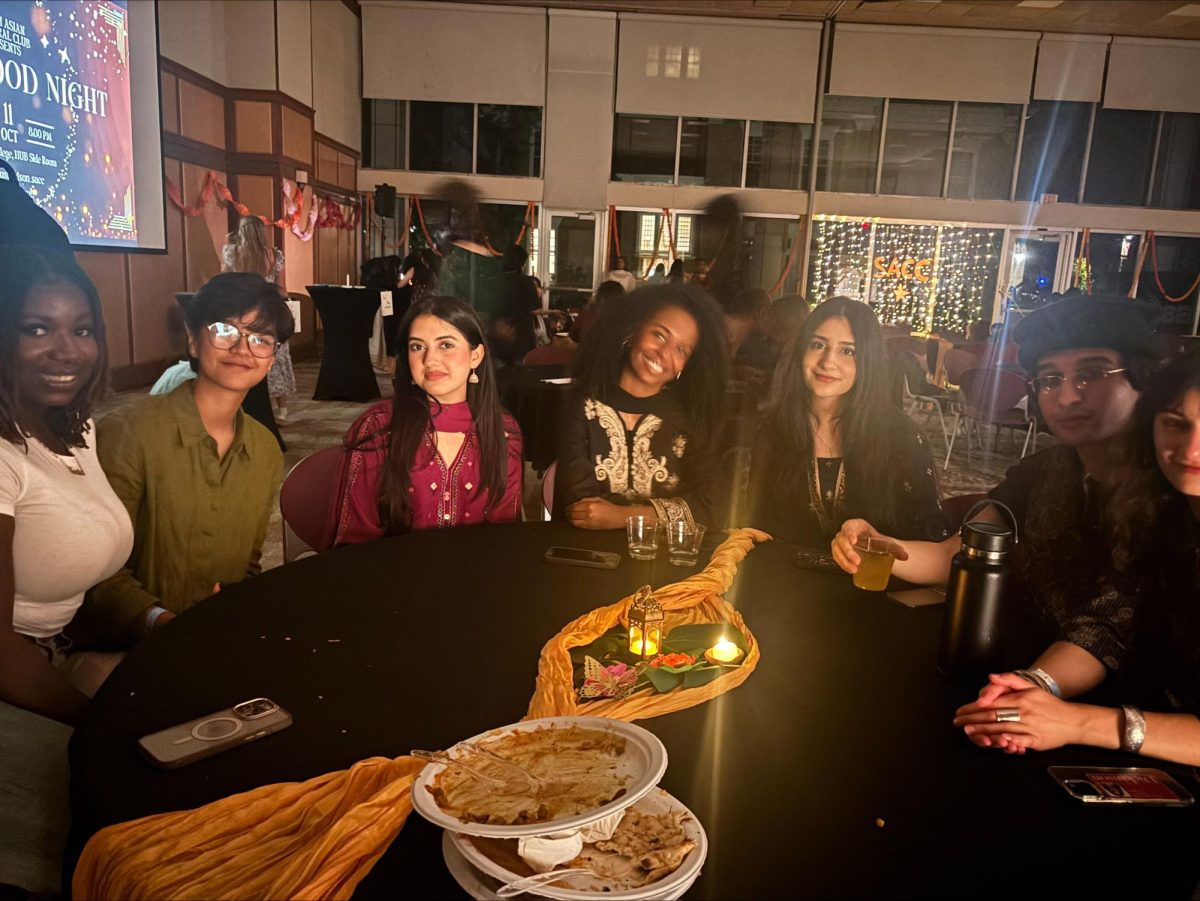
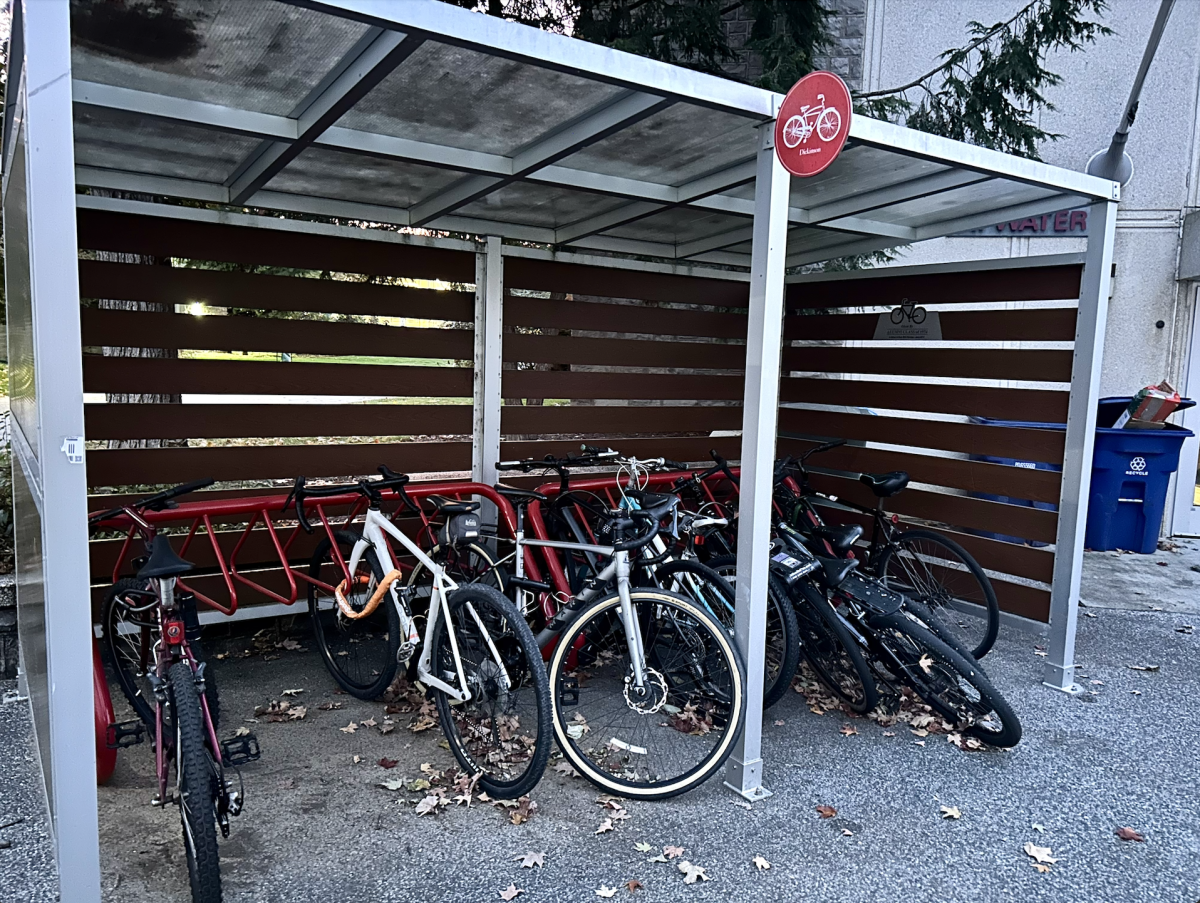
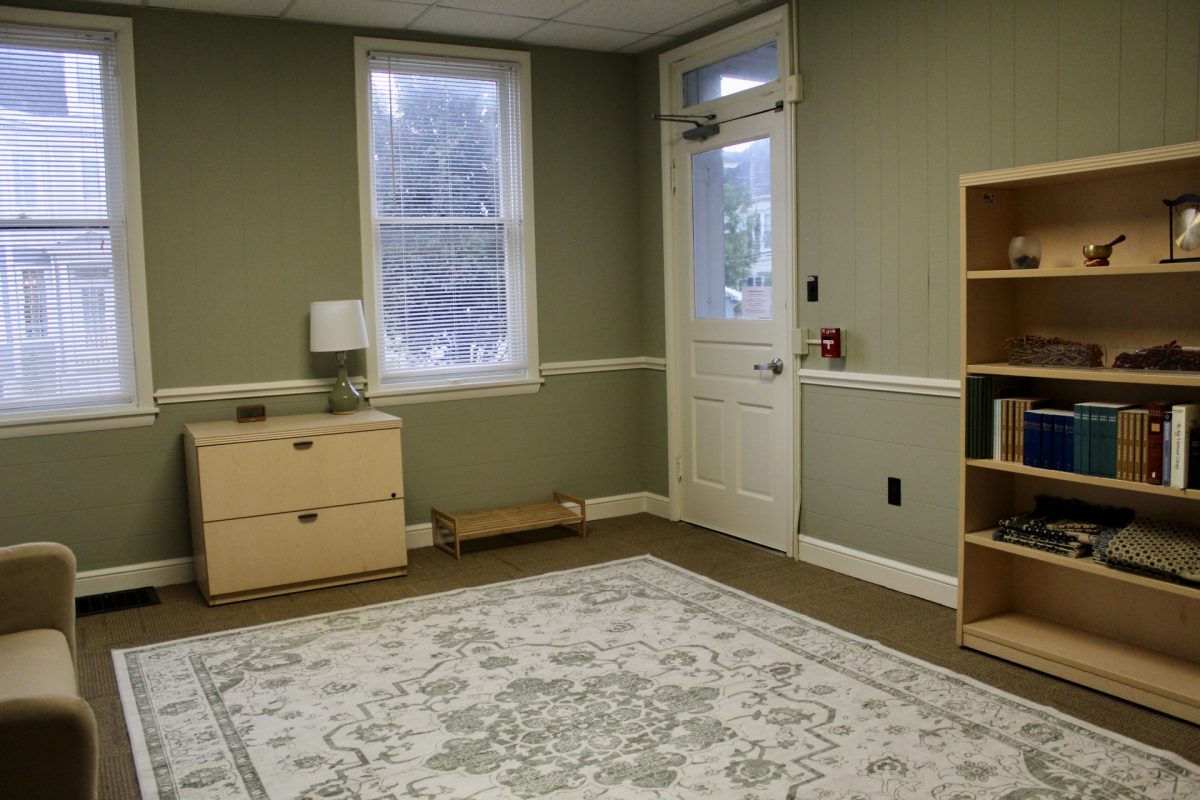

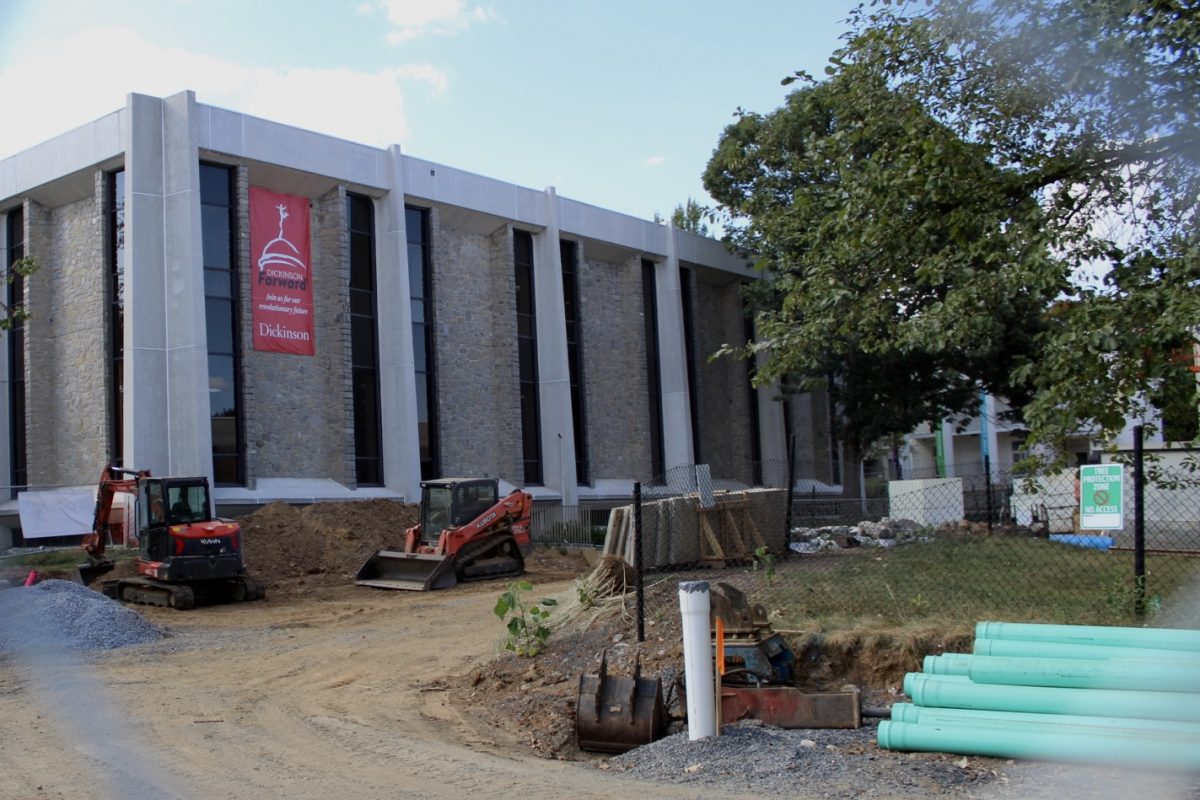


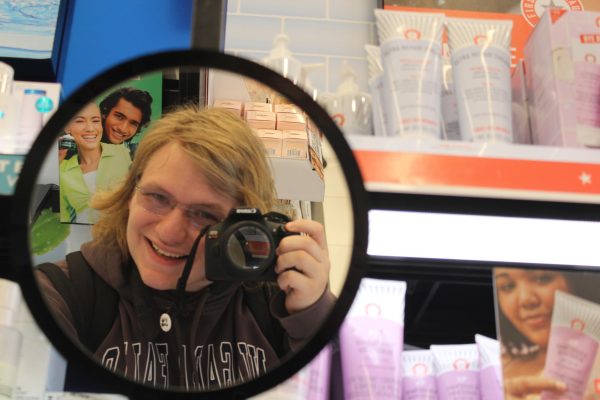
Marc • Feb 22, 2025 at 7:44 pm
Love the interview. Reconnecting with this show with my kid is great. Watching him and realizing he was Ms. Rachel before Ms. Rachel. Both embody something unique and amazing in their way to connect with kids. So awesome the world needs more of these good vibes.
Shane K • Nov 17, 2024 at 8:29 am
Great interview! Love Steve and all he’s been doing on TikTok. This brought joy to my day.